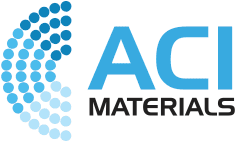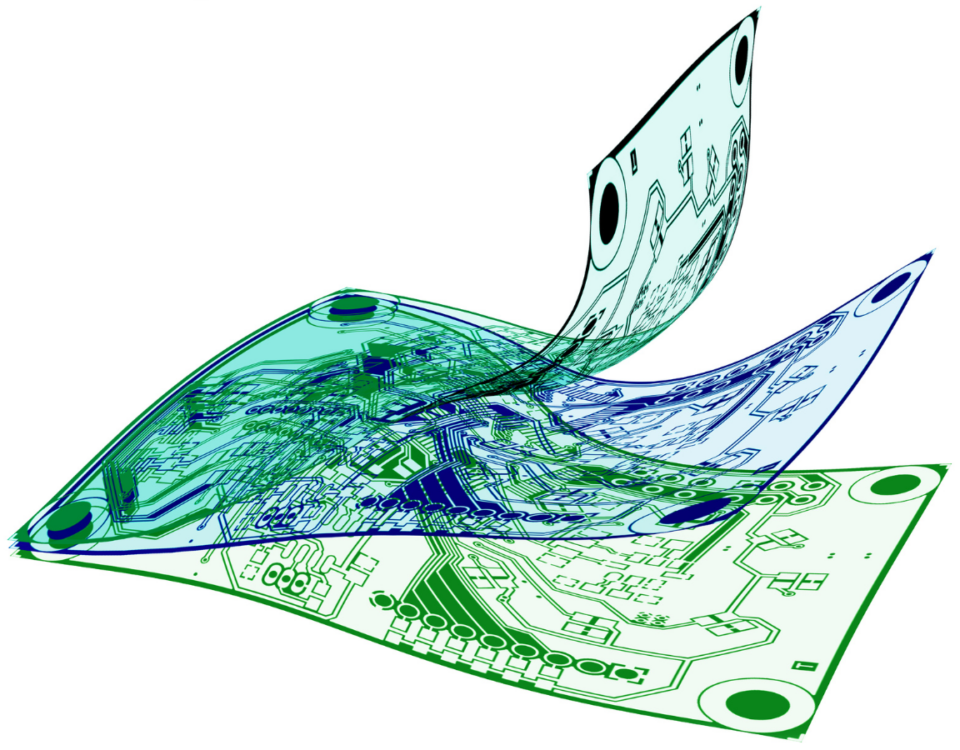The Intersection of Supply Chain and Sustainability: Innovations Driving Change

In the dynamically evolving landscape of the supply chain sector, the demand for innovation has been further accentuated by the challenges presented by the COVID-19 pandemic, alongside the escalating requisites for expedited shipping methodologies. However, a new principal driver of innovation within this domain has emerged: supply chain sustainability. Innovators in the supply chain industry are not only reshaping how we get our goods but also leading the charge toward a greener future. One of the most promising avenues for achieving this is the adoption of printed electronics, a technology revolutionizing how we manufacture functional components.
Printed electronics offer a more sustainable alternative to traditional electronics manufacturing processes. Printing is a form of additive manufacturing that allows manufacturers to reduce material waste and energy consumption significantly compared to conventional subtractive methods. Printed electronics are made from conductive inks and flexible materials that make them lightweight and more efficient than traditional materials. This shift allows leaders in supply chain sustainability to replace old components, like circuit boards, with these thin, flexible, and eco-friendly printed electronic alternatives.
Some examples of where printed electronics can make for a greener supply chain include:
- Printed Antennas for Vehicle Tracking: Traditionally, antennas are made using complex and energy-intensive subtractive manufacturing processes that create a lot of waste. However, with printed electronics, antennas can be created using simple printing techniques such as screen printing or inkjet directly on flexible substrates, reducing material waste and energy consumption. These printed antennas are more environmentally friendly and offer better performance and durability than their traditional counterparts, significantly contributing to supply chain sustainability by lowering the environmental impact of vehicle tracking technology.
- Heated Cargo Carriers Made with Printed Flexible Heaters: Important for moving temperature-sensitive items like food and pharmaceuticals, heated cargo carriers usually rely on bulky, energy-intensive heating elements. On the other hand, printed flexible heaters mark a shift towards creating lightweight, durable, efficient heating solutions. These can be easily incorporated into cargo carriers, greatly reducing the environmental impact of transportation.
- Fleet Management Solutions using Surface Mount Technology: Surface Mount Technology (SMT) is another area where printed electronics drive innovation for the supply chain. Through SMT, manufacturers can create compact electronic parts with much smaller components, producing lightweight parts that are ideal for fleet management systems. These systems can help optimize routes, reduce fuel consumption, and improve overall efficiency, leading to a greener and more sustainable transportation industry.
- Package & Asset Tracking with Printed Sensors: The evolution of package and asset tracking through printed electronics sets new benchmarks for efficiency and sustainability. These technologies enable the development of smarter, more reliable tracking systems that use less power and resources. For example, integrating thin, flexible printed sensors into packaging allows for continuous monitoring of conditions such as temperature and humidity, ensuring the integrity of sensitive goods throughout their journey. This not only reduces the risk of spoilage but also minimizes the need for redundant shipping, contributing significantly to supply chain sustainability.
As the use of printed electronics continues to grow in the supply chain, we can expect to see even more innovative solutions that enhance supply chain sustainability, efficiency, and convenience. Staying at the forefront of these technological advances, innovators in the industry are set to play a crucial role in the development of sustainable transportation technologies, significantly contributing to making the global supply chain greener.



